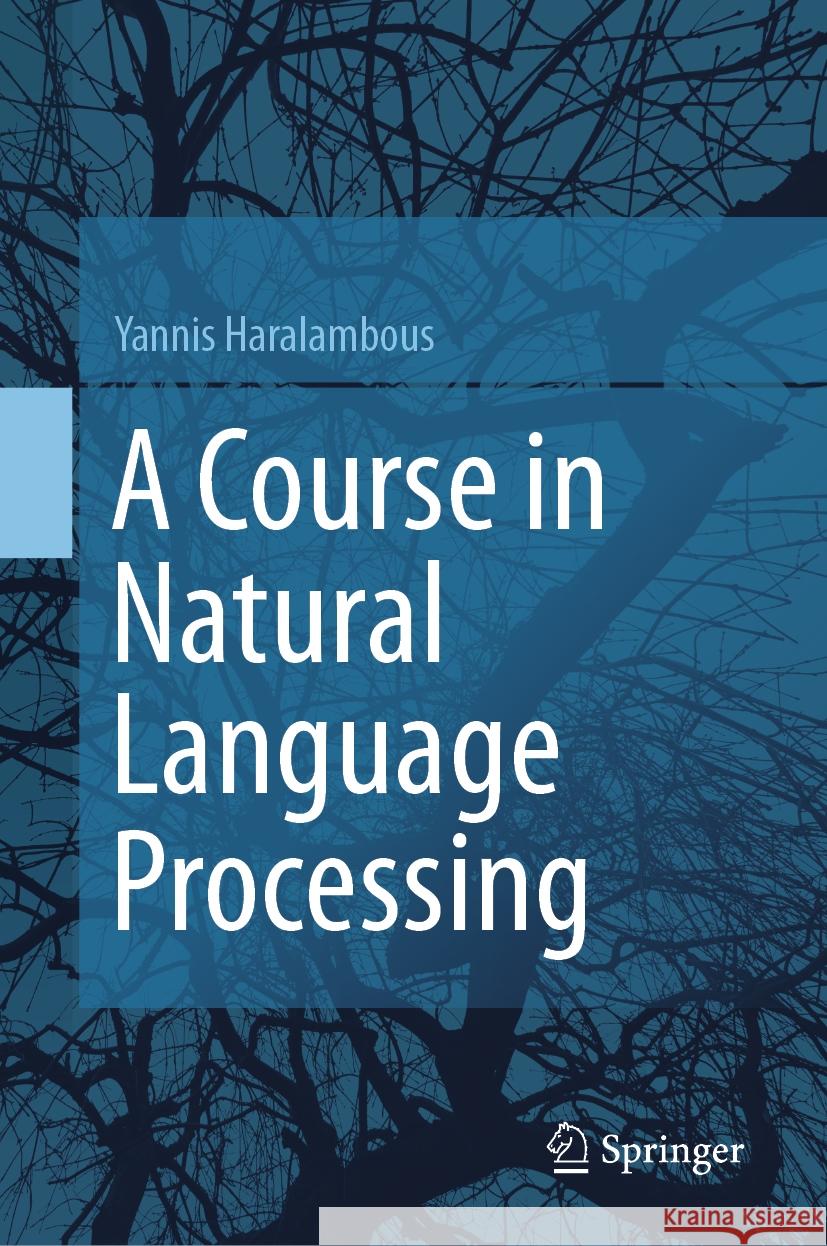A Course in Natural Language Processing » książka
A Course in Natural Language Processing
ISBN-13: 9783031272257 / Angielski / Twarda / 2024
Natural Language Processing is the branch of Artificial Intelligence involving language, be it in spoken or written modality. Teaching Natural Language Processing is difficult due to its inherent connections with other disciplines, such as Linguistics, Cognitive Science, Knowledge Representation, Machine Learning, Data Science, and its latest avatar: Deep Learning. Most introductory NLP books favor one of these disciplines at the expense of others. This book aims to consider three points of view corresponding to three different disciplines, while granting equal importance to each of them.Based on a course on Natural Language Processing taught by the author at IMT Atlantique (a grande école d'ingénieurs based in Brest, France) for more than a decade, this book provides a thorough introduction into the topic, based on three threads: the fundamental notions of Linguistics, symbolic Artificial Intelligence methods (based on knowledge representation languages) and statistical methods (involving both legacy machine learning and deep learning tools). Complementary to this introductory text is teaching material such as exercises with solutions, labs with programming code (in Python), exams (with answers and discussion of specific difficulties) and general questions assigned to students as homework, including answers, discussion, and links to related general audience books or scientific publications.This material can serve for classes given to undergraduate students, or for professionals in computer science or linguistics wanting to acquire knowledge in the field. As everything is explained, the book is suitable, and warmly recommended, for self-study.
Natural Language Processing is the branch of Artificial Intelligence involving language, be it in spoken or written modality. Teaching Natural Language Processing is difficult due to its inherent connections with other disciplines, such as Linguistics, Cognitive Science, Knowledge Representation, Machine Learning, Data Science, and its latest avatar: Deep Learning. Most introductory NLP books favor one of these disciplines at the expense of others. This book aims to consider three points of view corresponding to three different disciplines, while granting equal importance to each of them.











